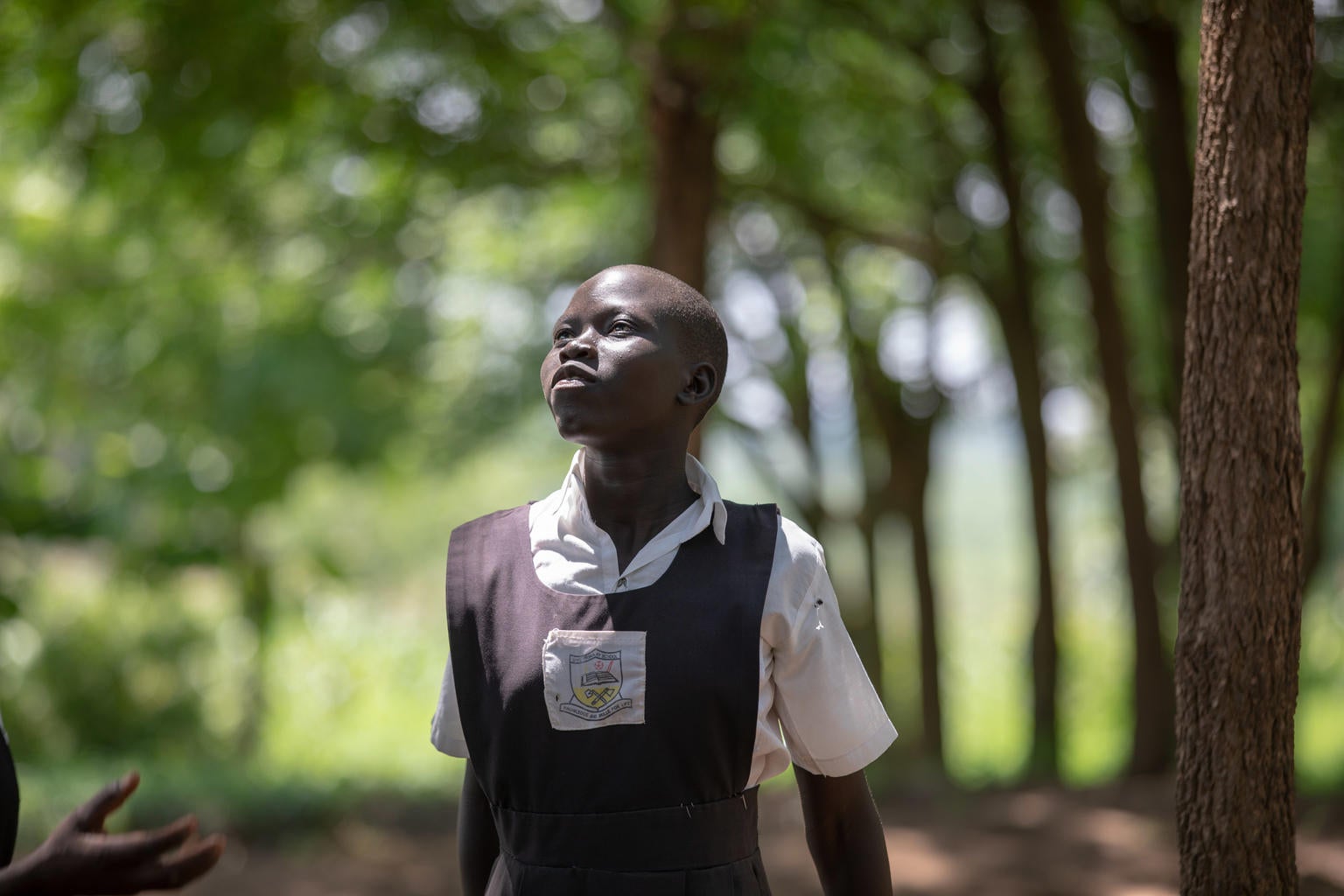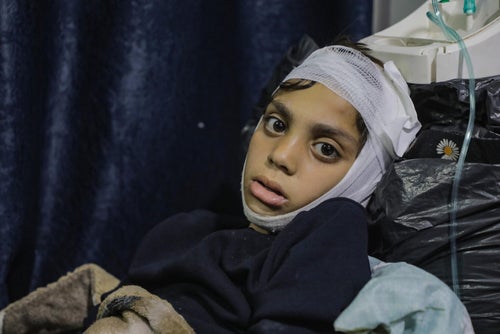The Democratic Republic of Congo (DRC)
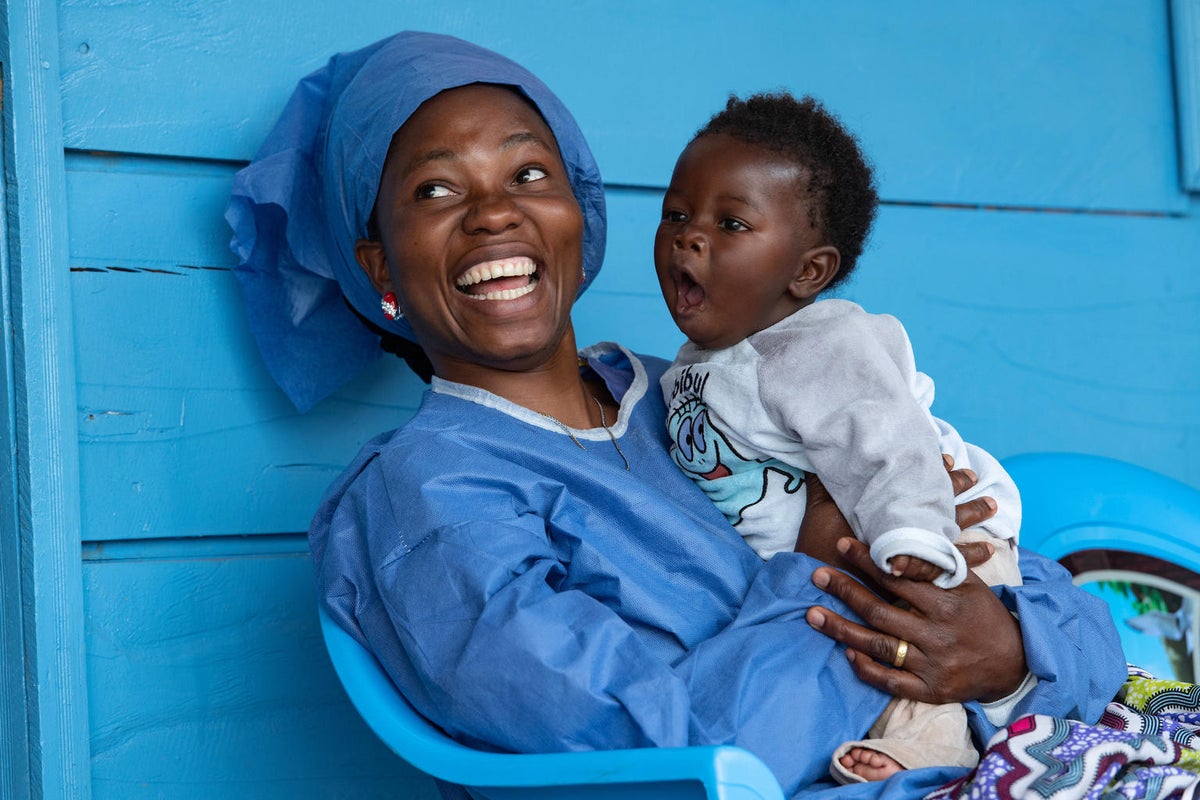
UNICEF-supported Ebola health centres in the DRC feature a special kind of worker, ‘Lullaby Singers’, these extraordinary workers do so much more than just sing lullabies though; they cradle, feed and look after babies that are in desperate need of care.
The workers are Ebola survivors themselves and are now immune to the disease. Lullaby Singer Joniste, who lost her three-year-old son to the disease, is now taking care of babies that have been affected by the virus.
While facing ongoing political turmoil, the DRC is now in the midst of a major outbreak of Ebola. UNICEF is on the ground working with partners to support Ebola health centres and all of the amazing lullaby singers, like Joniste.
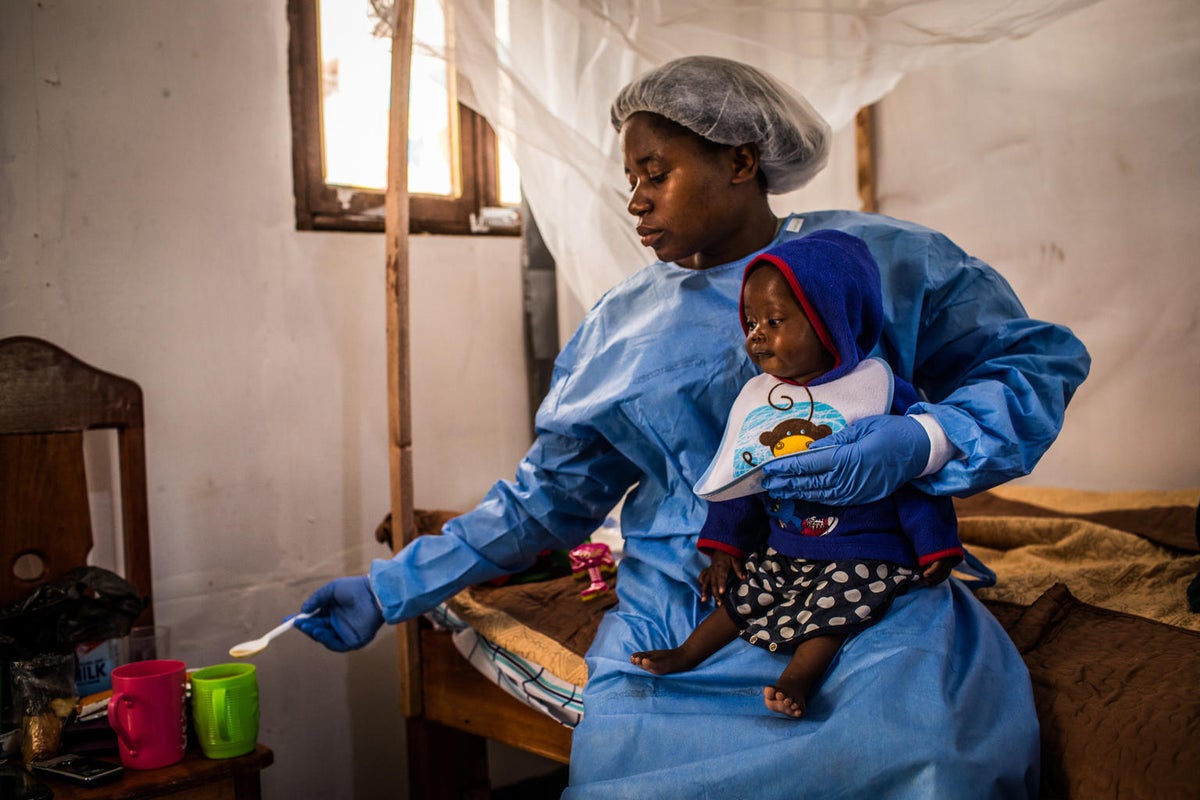
Yemen
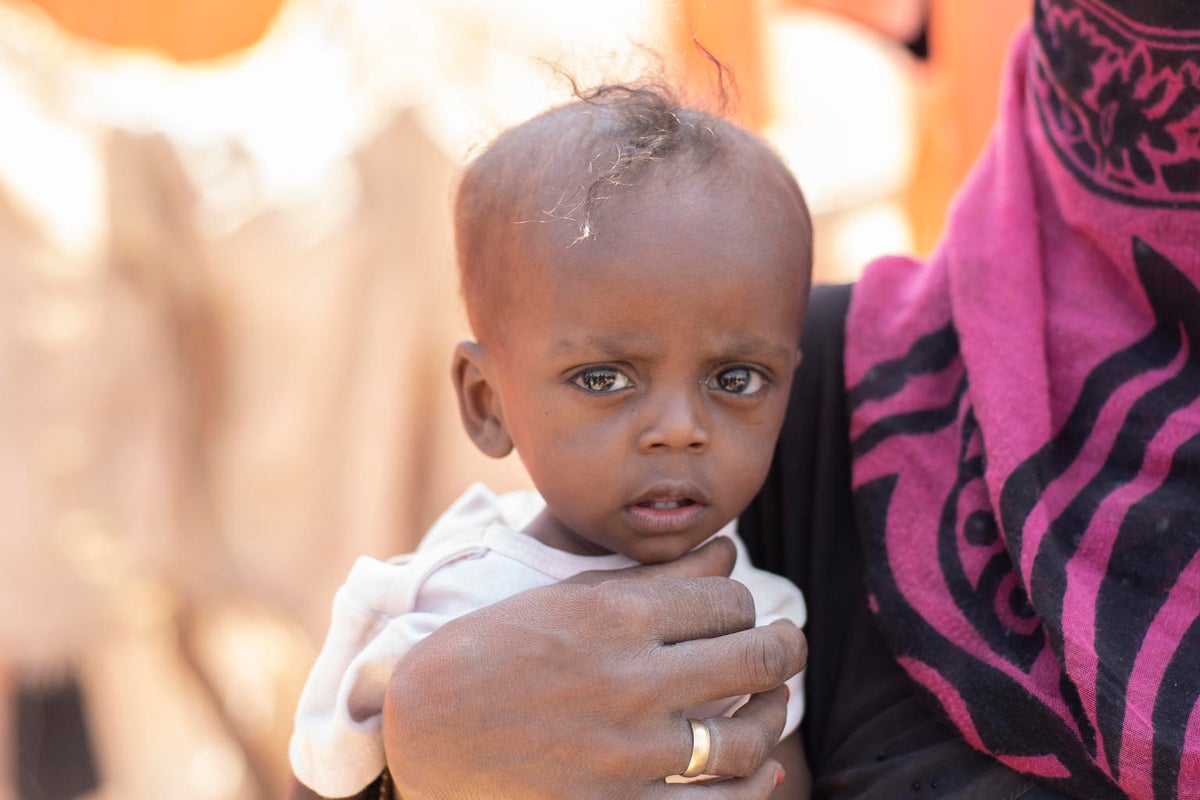
Parents Saud and Mansu spent all their savings – Yemeni Ryal 45,000 (around US $90) to bring their baby, Saeed, into the world. The family needed to travel several hours along a rugged road just to get to the nearest hospital.
Once there, Saud needed a caesarean section, but thankfully the birth went well and Saeed was born. However, it has become increasingly difficult for the family to survive due to worsening conditions. Stories like this are all too common in war-ravaged Yemen.
In 2018, Yemen was declared as the world’s worst humanitarian crisis. Since then, the situation has only deteriorated. As of this year 24 million people, the vast majority of Yemen’s population, are in need of humanitarian support. UNICEF has been on the ground, providing essentials like health services, medicine, clean water and food.
Bahamas
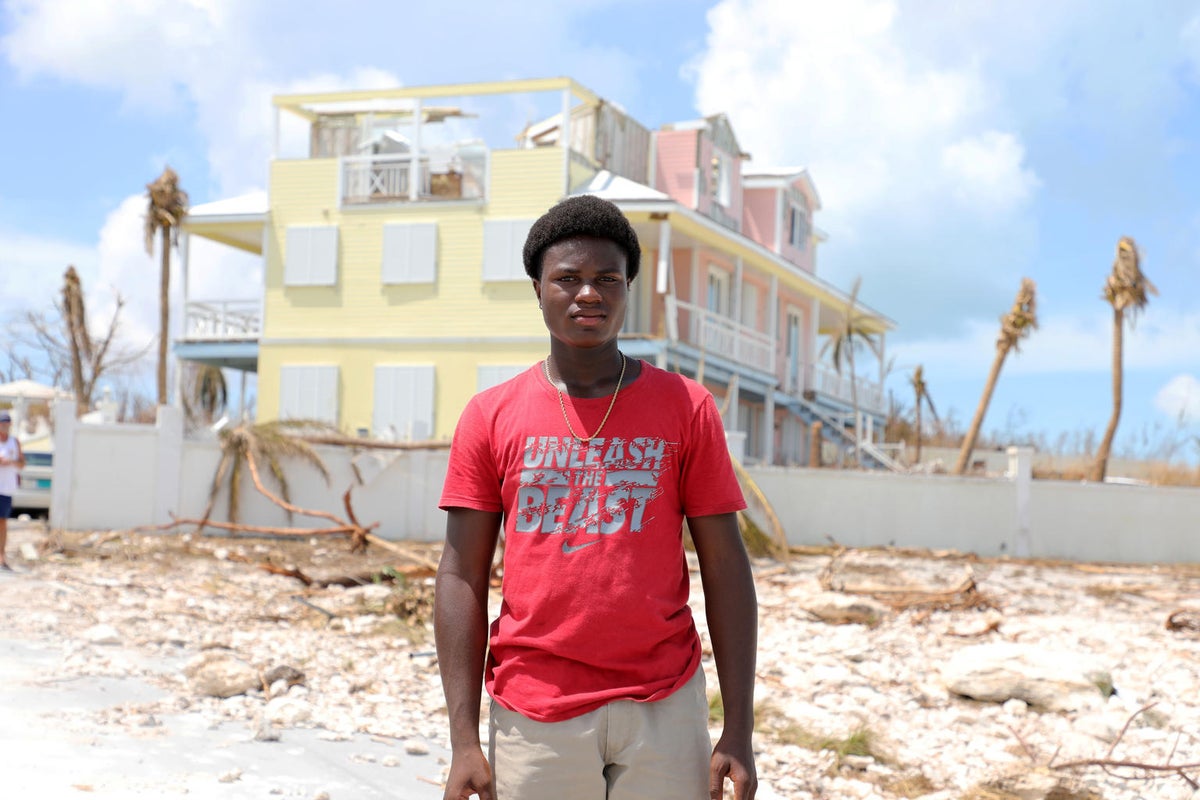
"We had to swim for our lives in dirty water, fighting against strong currents. Now everything is destroyed, every school. There is no water to drink,” says Benson, 15.
Benson was with his family in a two story building when Hurricane Dorian hit Abaco Island, Bahamas. The roof was the first thing to disappear, leaving the family of eight out in the open with strong winds and rain. Then the windows broke. Before the walls collapsed they managed to get out.
In the wake of the disaster, UNICEF began its mission to bring aid to the worst hit areas; Abaco and Grand Bahama Island. UNICEF raced to provide urgent support to people affected by this disaster, including deploying water and sanitation, child protection and emergency coordination experts to the island.
Bangladesh
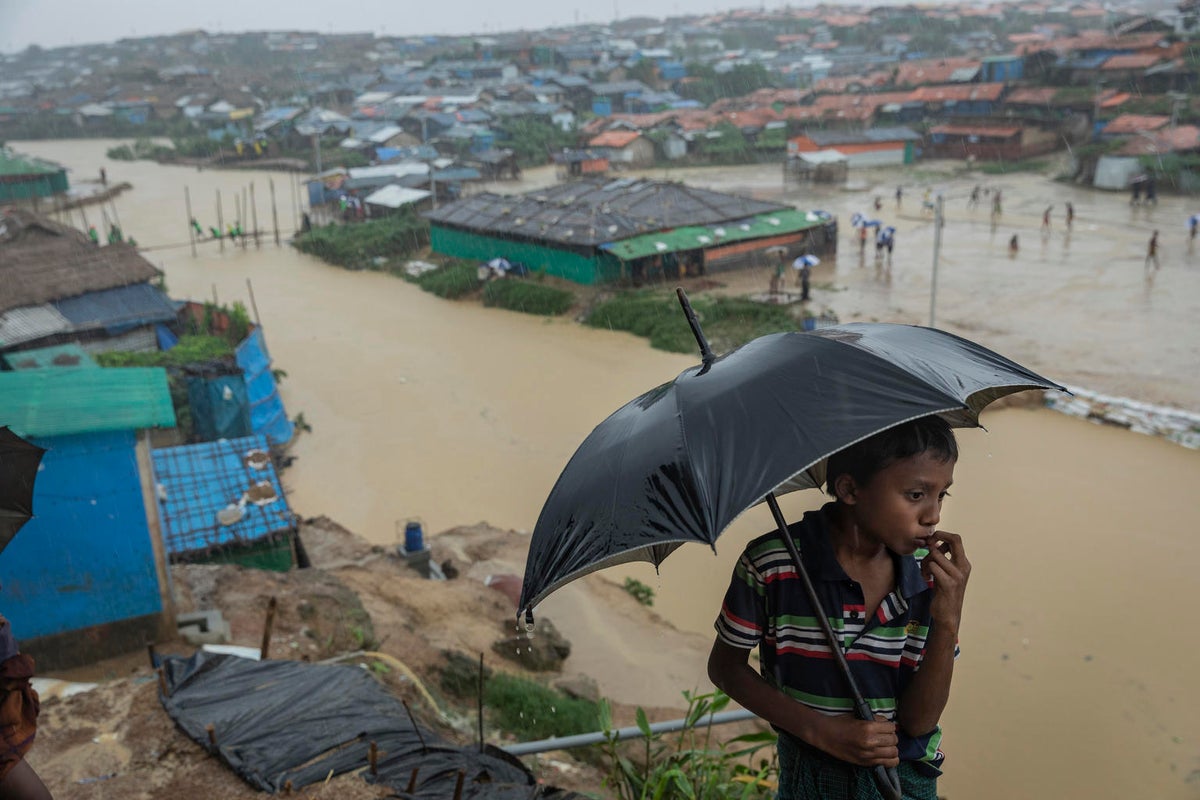
July brought heavy rains and flooding to the Rohingya refugee camps and host communities in the Cox’s Bazaar region of Bangladesh. The flooding spelled disaster for the community.
Mohamed, a nine-year-old who lives in Camp 5, looks out over the flooded canal that separates Camp 5 and Camp 6. The two bridges that Mohamed used to access Camp 6, where his school is, were swept away in the middle of the night, leaving him unable to attend school.
UNICEF is on the ground in the camp, providing assistance to those in need.
Syria
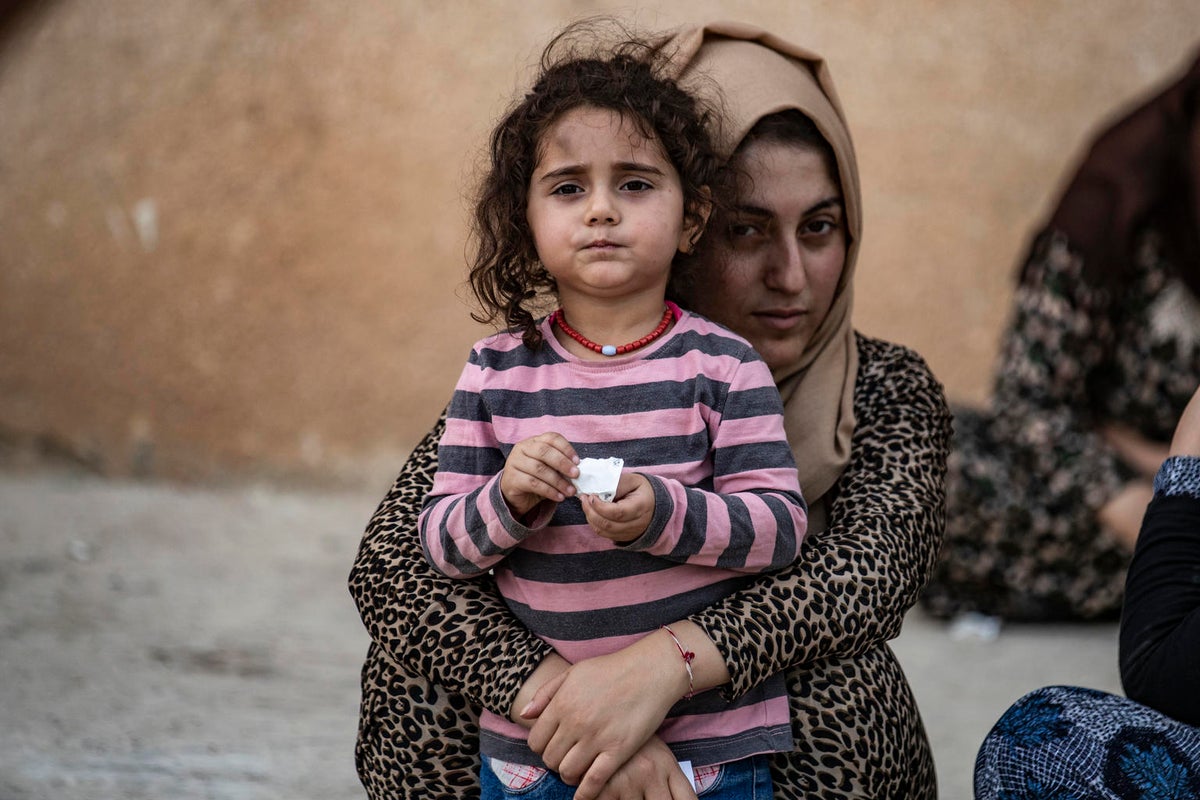
This year marked eight years of unrest in Syria. In the northeast of the country the conflict further escalated, with close to 200,000 people forced to flee their homes. UNICEF’s partners provided emergency assistance to families arriving at shelters in Hassakeh City and Tal Tamar.
Due to the destruction of the Allouk Water station which serviced 400,000 people in the area, UNICEF and its partners delivered drinking water with trucks to families living in shelters. Our teams on the ground are also working to bring much needed health, nutrition services and supplies to families.
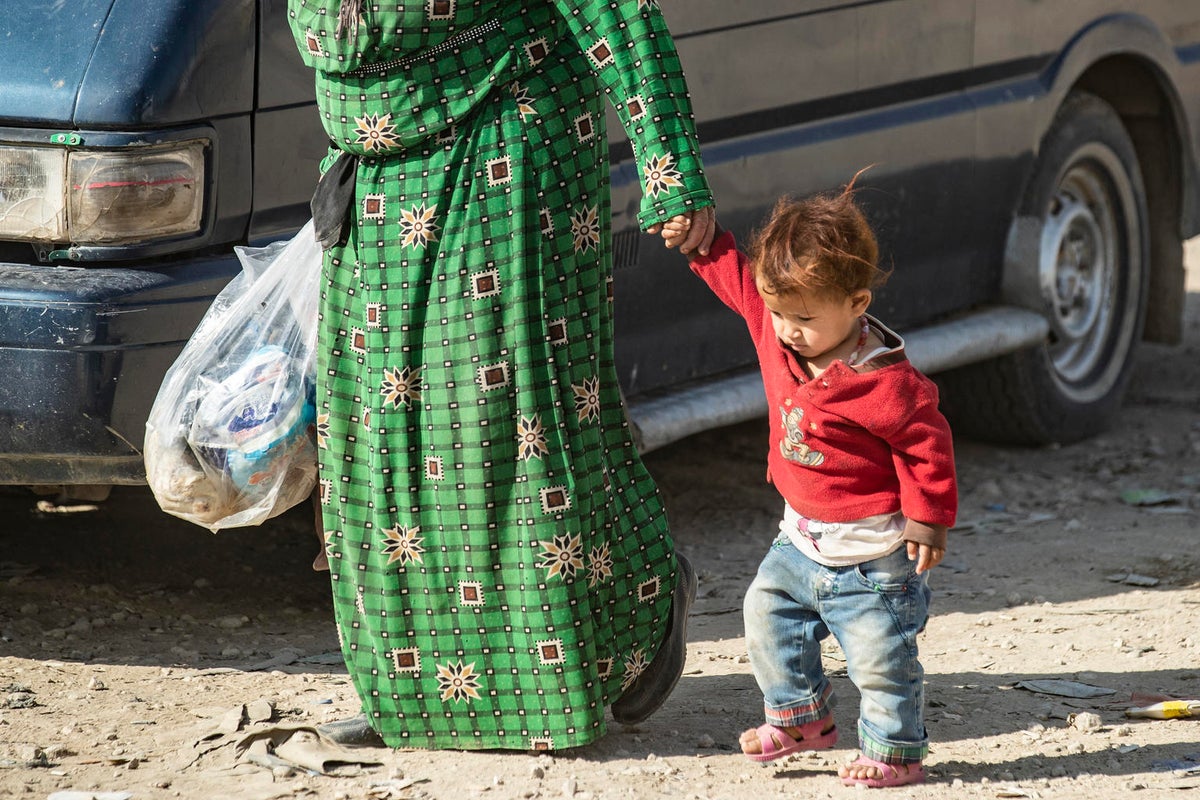
Global climate change march
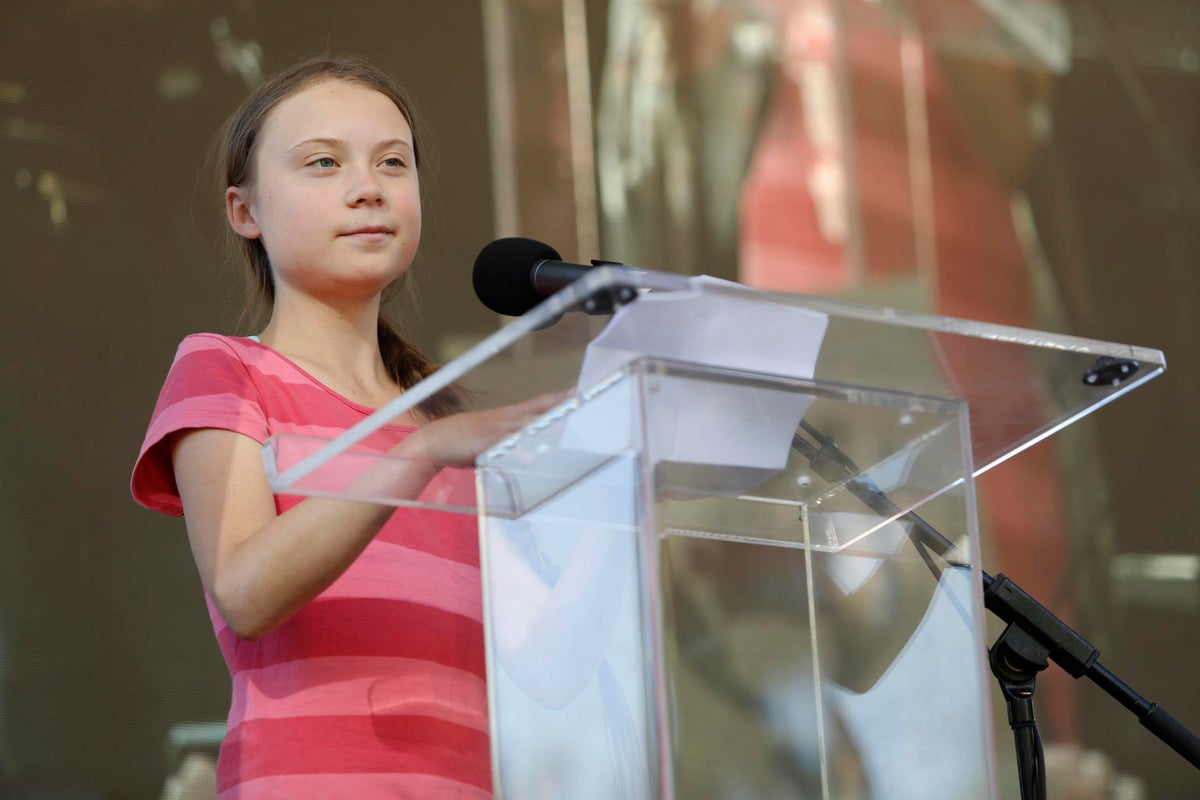
Inspired by one activist, Greta Thunberg, millions of children and young people participated in climate marches and school strikes to advocate for action on climate change. Around the world school children marched to show their support for a proactive plan to combat climate change
The marches spanned 150 countries, with one key message for the adults failing to act: Do Better.
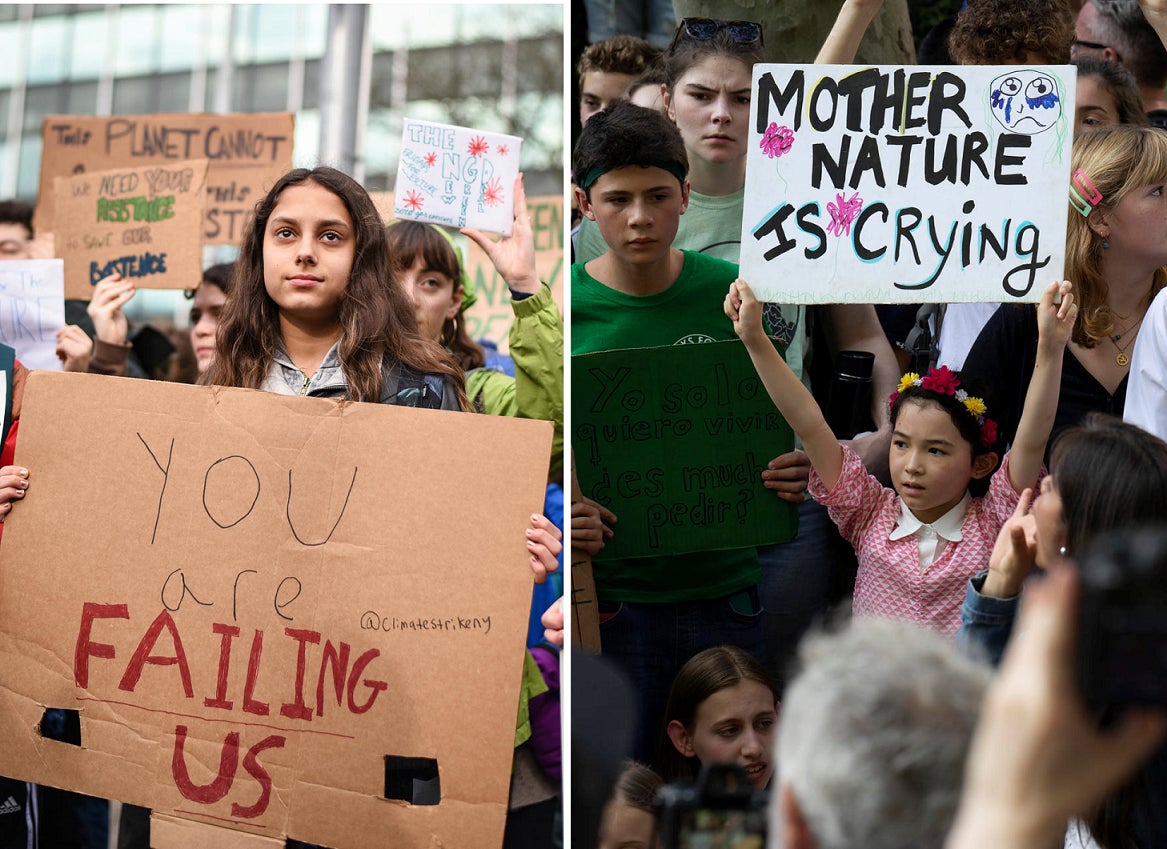
New York
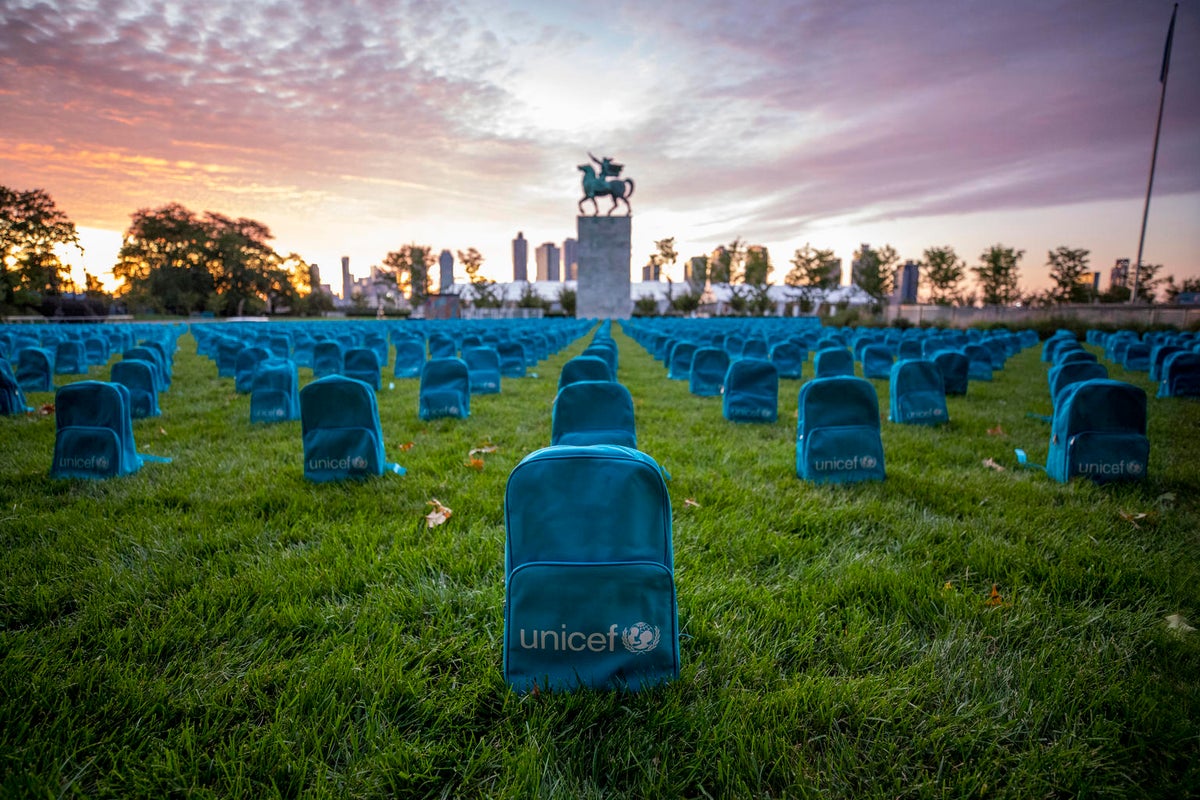
Outside of the United Nations Headquarters in New York, UNICEF unveiled an installation showing the devastating scale of child deaths in conflict zones in 2018. The display features over 3,758 backpacks, each one representing a child that was killed due to conflict.
In 2019, more than 12,000 children were killed or maimed in conflict zones - the highest number since the UN started monitoring and reporting this violation. Due to under-reporting, the real number of children who have lost their lives is unknown and likely much higher, however it is clear that children pay the heaviest price of war.
Côte D’Ivoire
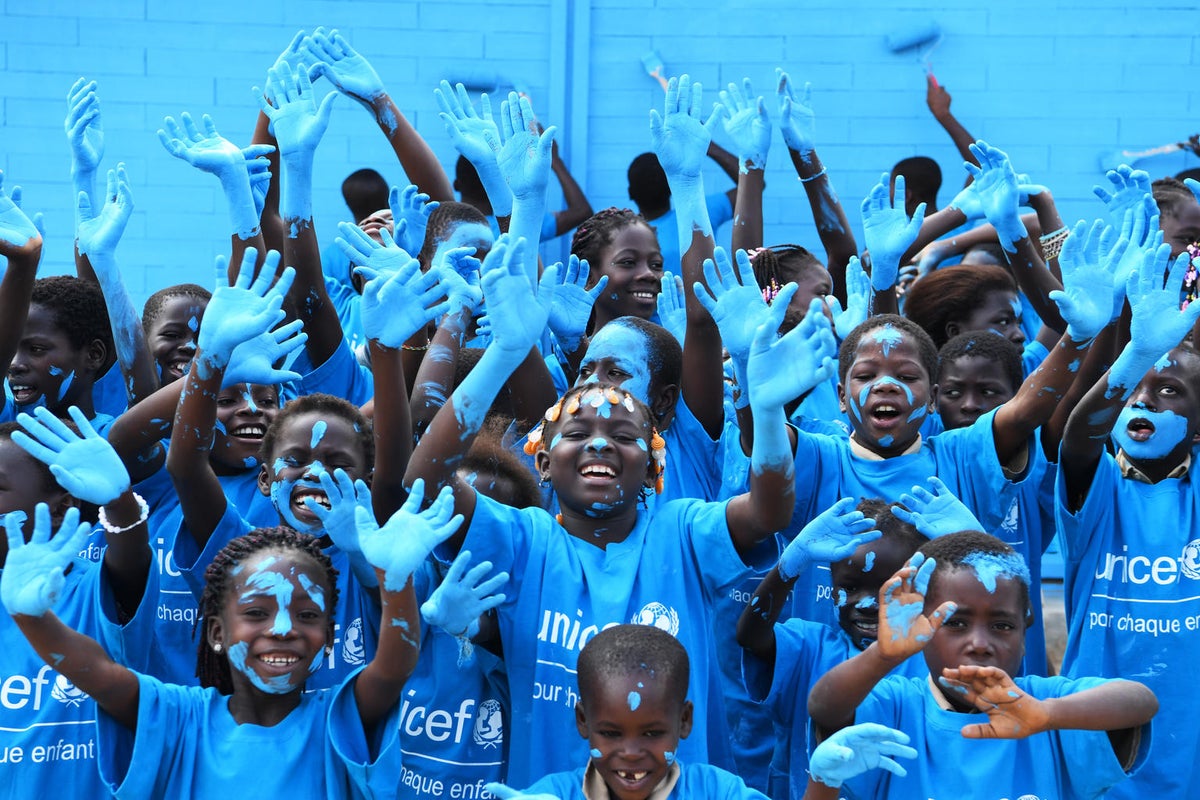
The children living in the village of Sakassou, Côte d'Ivoire, had a ton of fun painting their new school blue. The UNICEF-funded school is made from recycled plastic bricks.
Research suggests that over the next 30 years the world may produce four times more plastic than we ever have before, so finding innovative uses for plastic is more imperative than ever. Plastic bricks are a cost-effective, durable and ground-breaking use of plastic waste.
The bricks will provide much needed classrooms to the area, as well as reduce plastic waste in the environment, and additional income avenues for the most vulnerable families.
Stand by children in 2020
UNICEF Australia has an amazing group of supporters called Global Parents who make an ongoing pledge to protect and support children through their first 1,000 days of life. By signing up with a monthly gift, our Global Parents make a beautiful commitment: that wherever a child is born and whatever comes their way, we'll give them a life, a chance, a choice.
You can help us continue this critical work for kids, wherever the need is greatest.
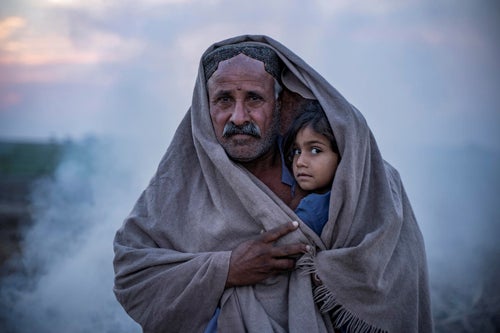
Become a Regular Donor
For every child in crisis.
Related articles
Stay up-to-date on UNICEF's work in Australia and around the world



